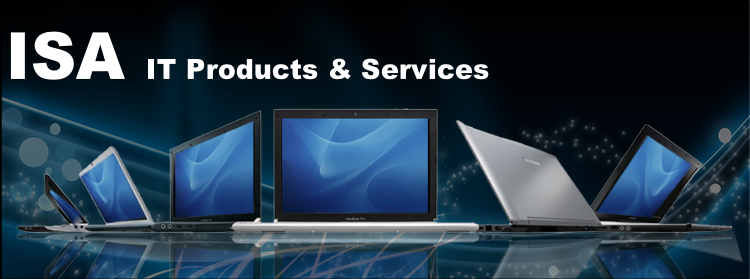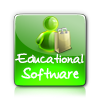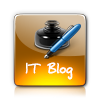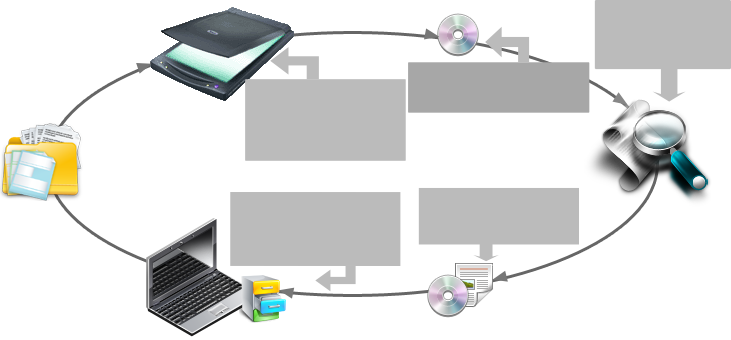







Optical Recognition of Characters
Creating and Managing Documents in Electronic Format (Digital Archives)
1. What are the advantages of converting documents in electronic format?
Easy access to document content, rapid search within documents, reduced storage space for large volumes of data, less paper used.
2. What type of documents can be scanned?
Financial records, medical data, any type of forms, insurance policies, test results, etc. The documents can be standard sized (A4, A3, etc), on normal paper; or they can be non-standard (unusual size, on thicker paper, glossy paper, etc).
3. Is data confidentiality ensured?
Yes. The contract can stipulate data confidentiality.
4. Where will the scanning process take place?
The documents can be scanned at the client’s office or at our office.
5. Samples of document scanning costs.
Below you can find an example of costs for a simple document scanning, black/white, A4. The prices* are specified for different resolutions (the resolution is measured in dpi - dots per inch).
For a volume larger than 400 pages and other formats, the operation is considered to be in the semi-professional area and a special offer can be made. Please contact us.
*NOTE: Prices are in Lei and do not include VAT. Prices can modify and are given here as an example.

Services - document management

Page top ...
DOCUMENT SCANNING:
Use scanner to convert documents into digital format. Choose scanning resolution according to the future use of the digital documents.
IMAGE FILES ON CD/DVD:
The digital documents are saved on CD/DVD in image files: JPEG, TIFF, PDF, etc.
OPTICAL CHARACTER RECOGNITION:
Use an OCR application to extract text from the digital documents.
SAVE TEXT:
The text extracted by the OCR application is saved in files with a simple text format.
DIGITAL ARCHVE:
Using a dedicated application you can create a digital archive, which you can query by using customized filters.
DOCUMENTS:
Forms, medical documents, insurance policies, contracts, financial records, etc.
1. What are the advantages of converting documents in electronic format?
2. What type of documents can be scanned?
3. Is data confidentiality ensured?
Document scanning simply means the conversion of physical documents into digital format - that is, saving them in image files. The file format can vary in accordance with the client’s needs (JPEG, PNG, TIFF, PDF, etc).
A very important factor is the scanning resolution, which is chosen depending on the future use of the electronic documents. If, for example, the end purpose of the digital archive is to be accessed simultaneously by many users, then a lower resolution is called for. But, if text extraction through OCR is needed, then a higher resolution must be chosen.
The scanning process can be in black/white or in color and prices are different for each case.
At the end of the scanning process, the documents are stored in electronic format on a CD/DVD, or other media if the client requests. For special cases, where data safety is of paramount importance, extra care can be taken to save the data in multiple locations.
The scanning services can be augmented by other related services, such as optical character recognition and the creation of an electronic archive. Using solely the scanning service without the other related services is recommended only if the scanned documents contain mostly graphics and very little text. Scanning of ultrasounds is such an example of documents which don’t need OCR.
Optical Recognition of Characters
If the scanned documents include a lot of text, then OCR is needed to extract and save the text in a format which can be later processed (edited, printed, searched, etc). This is useful for cases when documents must be searched using customized queries.
For example, a notary works with documents which are mostly text. Normally, these documents are created using a text processor, but the client files can contain other printed documents. If these were to be scanned only, without additionally applying OCR to the scanned files, then a search by client name or address would not be very efficient. But, if the text were to be extracted and saved, then searching by a client name would yield all the information on the client.
Legally, the official documents of a company must be archived and kept safe for a certain number of years, number which varies according to the document type. Therefore, additional space is required for the company archives, space which increases the management costs. Cost-efficient document archiving can be achieved by using well-organized spaces which can accommodate great volumes of documents.
This service can be augmented by other related services, such as the creation of an electronic document archive which can facilitate easy access to older documents.
Creating and Managing Documents in Electronic Format (Digital Archive)
Upon client request, we can offer efficient solutions for the administration of electronic documents. The suggested software can differ depending upon the client’s needs: either open source applications which bring the advantage of zero acquisition costs, or dedicated applications.
For example, if the client needs only a simple archiving of images to which certain characteristics can be attached (author, theme, data, geographic location, description, etc.) based upon which a search can be done, then an open source application can be used.
If a more complex set of features are needed, then a dedicated software should be used, which stores everything into a data base.
A clinic or hospital would be a good example for the latter case, where the simple scanning of prescriptions, lab results, ultrasounds and various scans is not sufficient. In this instance, a more complex application is needed, which can store the data for the hospitals patients: personal information (name, address, contact data, etc), profile (allergies, smoker or non-smoker, etc.), medical history, lab results, prescribed drugs, current medication, etc.
An accurate offer can be made only after the detailed analysis of the clients’s needs.
| Service & Networks |
| Documente Management |
| Relocation |
| Remanufacturing |
| PC Operator |
| IT Blog |